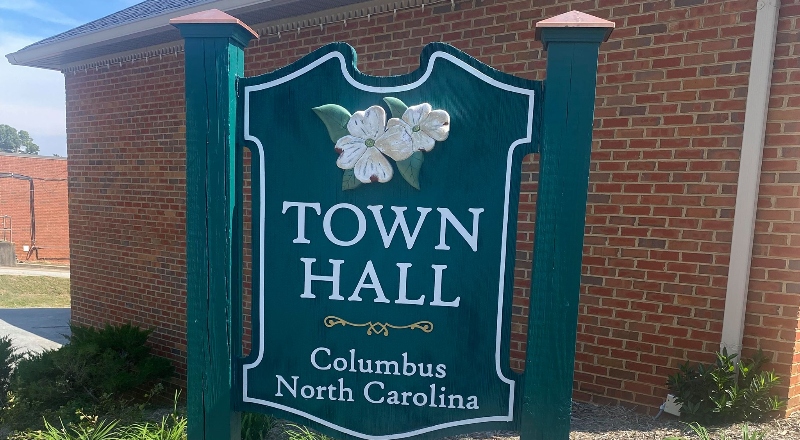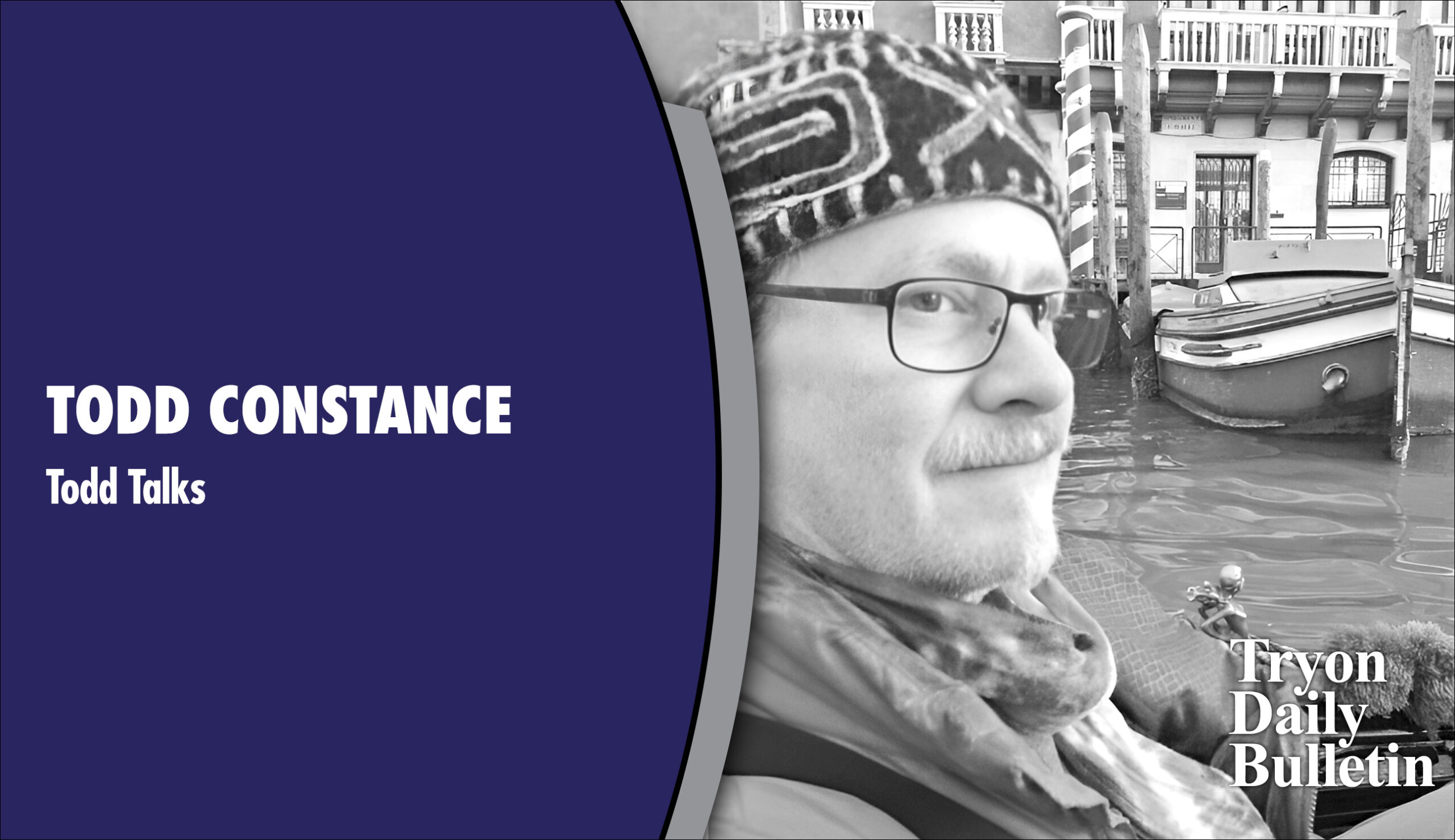Columbus officials meet to discuss impacts of Hurricane Relief Bill on zoning
Published 1:14 pm Tuesday, January 14, 2025
|
Getting your Trinity Audio player ready...
|
COLUMBUS—On Monday evening, Columbus Mayor Pat McCool, the Town Council, and the Planning Board convened a joint meeting to hear from the town attorney on how the recently passed North Carolina Senate Bill 382, the Hurricane Relief Bill, changes local zoning laws.
Town attorney Jill Camp presented an overview of a key provision in the bill, which significantly restricts local governments’ abilities to downzone properties without the unanimous consent of property owners in affected areas.
This provision, added late in the legislative process, appears on the second-to-last page of the 132-page omnibus bill. Senate Bill 382 contains multiple elements, including hurricane relief funding for western North Carolina, adjustments to deadlines for absentee ballot mailing and counting, and limitations on the powers of the state governor and attorney general.
Trending
The bill was ratified by the legislature on November 20 but faced a veto from Governor Roy Cooper on November 26. The state senate overrode the veto on December 2, with the state house doing the same on December 11, enacting the bill into law.
Under Senate Bill 382, down-zoning is defined as a zoning ordinance that affects land by:
- Decreasing the development density to levels less than what was previously allowed.
- Reducing the permitted uses specified in a zoning ordinance or land development regulation.
- Creating any nonconformity on land outside of residential zoning districts, which could include nonconforming uses, lots, structures, improvements, or site elements.
The bill amends Section 3K.1.(a) of G.S. 160D-601(d). The statute has now been amended to read, “No amendment to zoning regulations or a zoning map that down-zones property shall be initiated, enacted or enforced without the written consent of all property owners whose property is the subject of the down-zoning amendment.”
This change locks in what local officials across the state have in their unified development ordinance and would make it significantly more difficult to make changes. The amended statute requires the written consent of all affected property owners before any down-zoning can be initiated, enacted, or enforced.
The bill also includes a retroactive provision that impacts zoning decisions made within the last 180 days before the bill’s passage, making any downzoning done in that period illegal.
“In general, I do think that there will either be amendments or case law to impact this new set of laws, but in the meantime, this is how the statute shakes out,” said Camp. “In practice, this has the opportunity to be very impractical for local governments.”
Trending
Alan Toney of the Foothills Regional Commission, who attended the meeting, supported Camp’s assessment, highlighting the changes this law introduces concerning local governments’ capacity to manage down-zoning without unanimous consent from property owners.
The meeting was merely an educational session for the town attorney to discuss and explain the new law, and while open to the public, there were no public comments.
The Columbus Town Council next meets on January 16, at 5:15 p.m., at Columbus Town Hall located at 95 Walker St.






